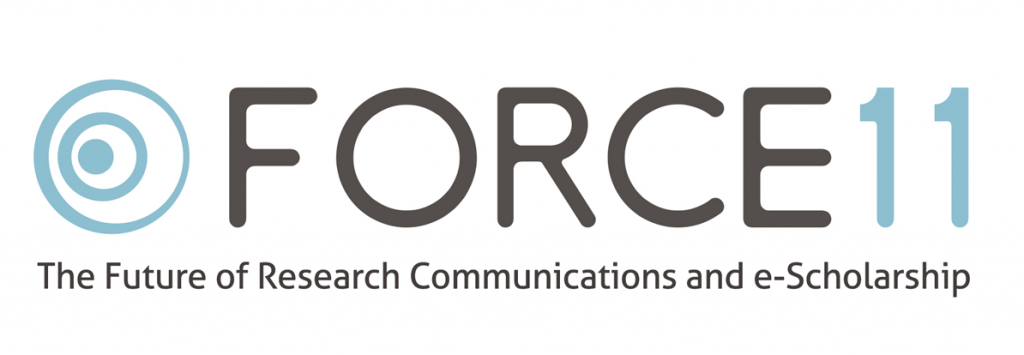We are now taking applications for two awards: one $1,000 travel award to the ARLIS/NA + VRA Joint Conference (Seattle, Washington, March 8-12, 2016), and one $1,200 travel award to the FORCE2016 Conference (Portland, Oregon, April 17-19, 2016)! Each award additionally includes waived conference registration.
The purpose of these grants is to extend the opportunity to attend these events to a digital library practitioner who would not typically go, but who can envision and articulate a connection with their work and who sees great value in building a dynamic and diverse peer network. These awards fall under reciprocal programs with VRA and FORCE11 that will also bring a practitioner who typically attends each of these conferences to the DLF Forum 2016 in Milwaukee, November 7-9, 2016. (Application for those awards will open in April 2016.)
About VRA and the ARLIS/NA + VRA Joint Conference 2016

The Visual Resources Association, sponsor of this year’s grant, is a multidisciplinary organization dedicated to furthering research and education in the field of image and media management within the educational, cultural heritage, and commercial environments. The Art Libraries Society of North America (ARLIS/NA) and Visual Resources Association (VRA) Joint Conference Natural Connections, will be held March 8-12, 2016, in Seattle, Washington. Marking the 44th Annual Conference of ARLIS/NA and the 34th Annual Conference of VRA, join us as we explore the affinities among art and visual information professionals through our conference theme, Natural Connections. The ARLIS/NA + VRA Joint Annual Conference provides myriad opportunities to meet and reconnect with colleagues from around the world, learn about innovative projects and practices, engage in discussion about current trends and issues of most concern to our profession, and explore the easily accessible attractions found in this world-class city. Program available here.
About FORCE11 and the FORCE2016 Conference

FORCE11 is a community of scholars, librarians, archivists, publishers and research funders that has arisen organically to help facilitate the change toward improved knowledge creation and sharing. FORCE2016 will be held April 17-19, 2016, in Portland, Oregon. The FORCE2016 Research Communication and eScholarship Conference brings together a diverse group of people interested in changing the way in which scholarly and scientific information is communicated and shared. The goal is to maximize efficiency and accessibility. The conference is nontraditional, with all stakeholders coming to the table for open discussion on an even playing field in support of innovation and coordination across perspectives. The conference is intended to create new partnerships and collaborations and support implementation of ideas generated at the conference and subsequent working groups. Program available here.
Application
Please send an email to awards@diglib.org, including the required content. ARLIS/NA + VRA applicants: use the subject line “VRA Cross-Pollinator Travel Award: [Your Name]”. FORCE11 applicants: use the subject line “FORCE11 Cross-Pollinator Travel Award: [Your Name]”.
- contact information (including Twitter handle, if applicable)
- brief, one-paragraph bio
- a one-paragraph statement about how attending this conference (either FORCE2016 or ARLIS/NA + VRA Joint Conference 2016) might expand your professional horizons, what you hope to learn, and what skills or ideas you might bring back to the DLF community.
Review of applications will begin Monday, November 30, 2015. Applicants will be notified in December. The successful applicants must be able to travel to the conference for which the travel grant is awarded.
About the Cross-Pollinator Awards
We make a growing number of travel and tuition grants available year-round to DLF members and to the broader community invested in digital library work. The goal of these fellowships is to create “cross-pollinators”—professionals who move freely among our (sometimes walled) gardens. In an increasingly networked world, DLF means to increase communication among groups interested in the future of information, including museums, libraries, colleges and universities, and anyone working in digital collections and services.
